How To Handle Important Medical Needs During Hurricanes
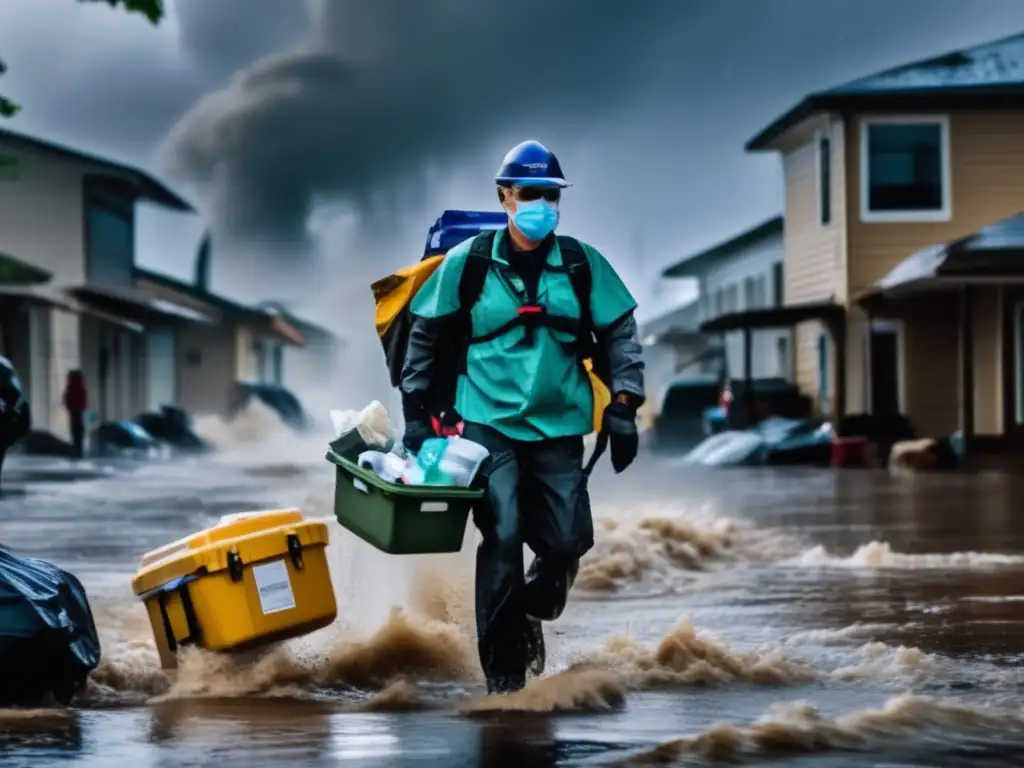
How to Handle Important Medical Needs During Hurricanes
Introduction
When a hurricane strikes, it is not only homes and buildings that are vulnerable. People's health can also be at risk during such weather conditions. This is why it is essential to be prepared to handle medical needs during hurricanes. In this article, we will provide information on how to prepare for medical emergencies, what to do during a hurricane, and how to seek help after the storm has passed.
Preparing for Medical Emergencies
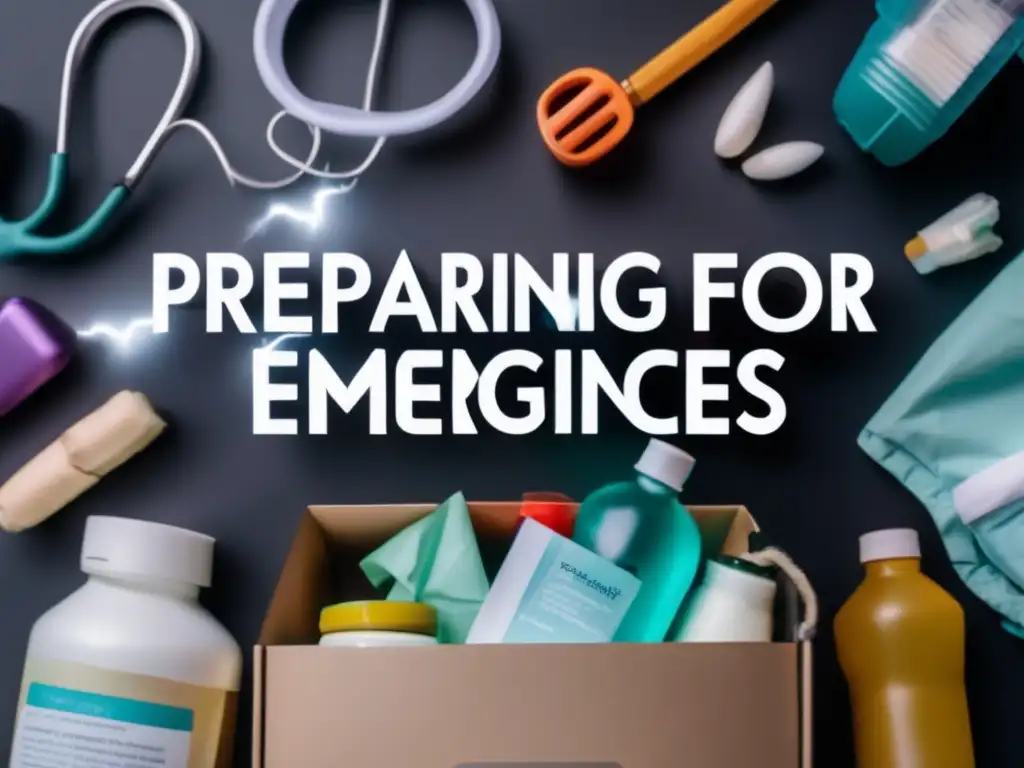
Gather Necessary Medications and Supplies
If you or a family member relies on medication to manage a chronic condition, it is critical to have an adequate supply on hand before a hurricane hits. If you anticipate that you might run out of medication during the storm, try to refill the prescription before the hurricane arrives. Additionally, make a list of all necessary medications and supplies, including inhalers, insulin, and blood pressure monitors, and ensure that they are packed with the rest of your emergency kit.
Compile Important Documents
Suppose you or a family member has a pre-existing condition or requires regular medical care. In that case, it is crucial to keep copies of your medical records, insurance information, and emergency contacts in a safe and easily accessible place. This will make it easier for health care providers to deliver appropriate care during and after the hurricane.
Identify Special Needs
If you or someone in your household requires specialized medical equipment or assistive devices, such as oxygen tanks or wheelchairs, take measures to ensure that these items are adequately secured during the hurricane. It may also be helpful to research the availability of backup power sources, such as generators, to power these devices if electricity is lost.
During the Hurricane
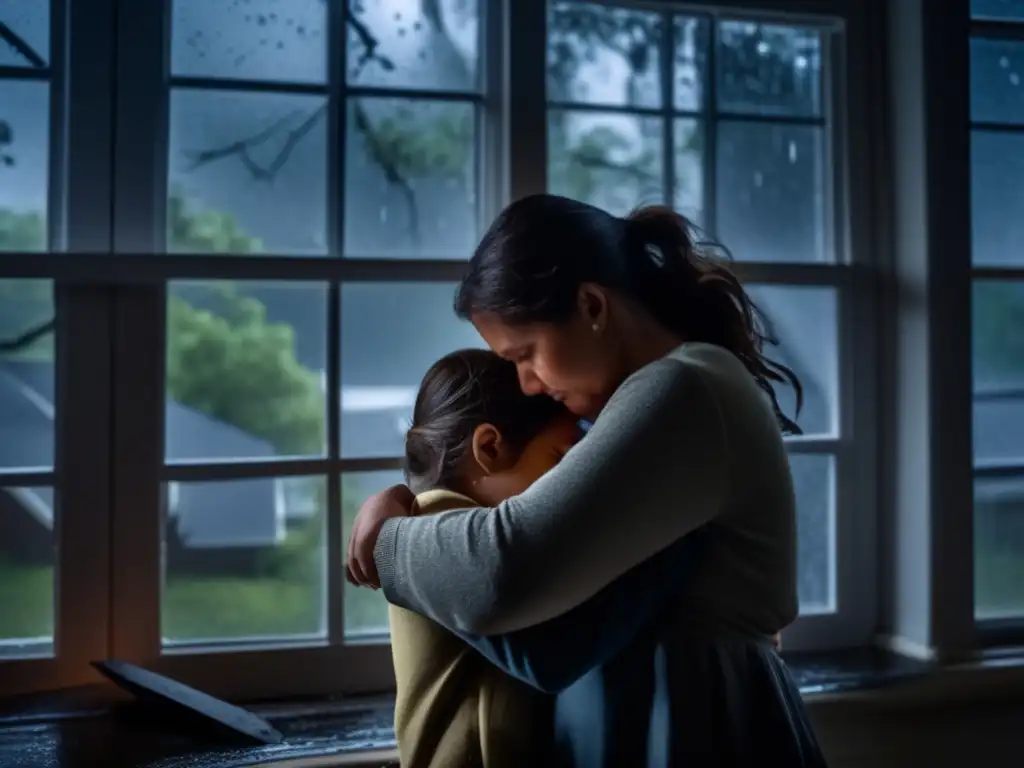
Stay Safe
In the midst of a hurricane, it is important to prioritize safety above all else. If someone requires medical attention during the storm, assess the situation carefully before attempting to provide care. If the situation is potentially life-threatening or requires specialized expertise, such as in the case of a heart attack or stroke, seek help from emergency services immediately. Otherwise, try to provide basic first aid as safely as possible, taking care not to expose yourself or others to unnecessary risks.
Be Prepared for Power Outages
Power outages are common during hurricanes, which can lead to a lack of access to medical equipment and supplies. If you or someone in your household relies on electronic medical devices, try to conserve the battery life as much as possible. It may also be helpful to have backup batteries or a generator on hand to power essential equipment during an outage.
Stay Connected with Emergency Services
In the event of a medical emergency, it is important to stay connected with emergency services. Keep a phone nearby and charged in case you need to make an emergency call. If you anticipate that you may need assistance during the storm, consider registering with local emergency management authorities to receive updates and alerts related to the storm.
After the Hurricane
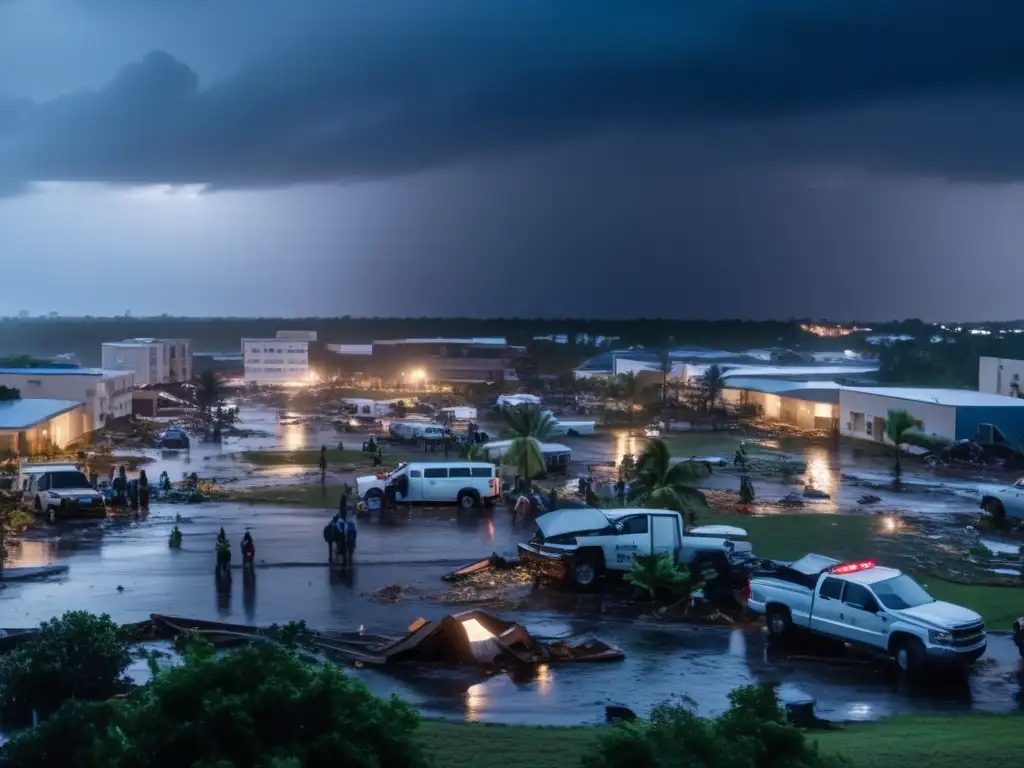
Assess Damage and Seek Help
Once the hurricane has passed, it is important to assess the damage and identify any medical needs that have arisen. If someone is injured or requires medical attention, seek help from emergency services immediately. If medical facilities or emergency services are inaccessible due to flooding or other damage, consider reaching out to local authorities or relief organizations for assistance.
Check Medication and Supplies
After a hurricane, it is essential to check all medication and supplies for damage or contamination. Medications that have been exposed to floodwaters or high temperatures may not be safe to use, so it is crucial to consult with a healthcare provider or pharmacist before taking any medication.
Take Care of Your Mental Health
Surviving a hurricane can be a traumatic experience, and it is not uncommon for people to experience anxiety, depression, or other mental health challenges in the aftermath of a storm. It is important to seek support from loved ones, healthcare professionals, or mental health organizations. Additionally, engaging in self-care activities such as exercise, meditation, or spending time in nature can help mitigate the effects of stress and trauma.
Frequently Asked Questions
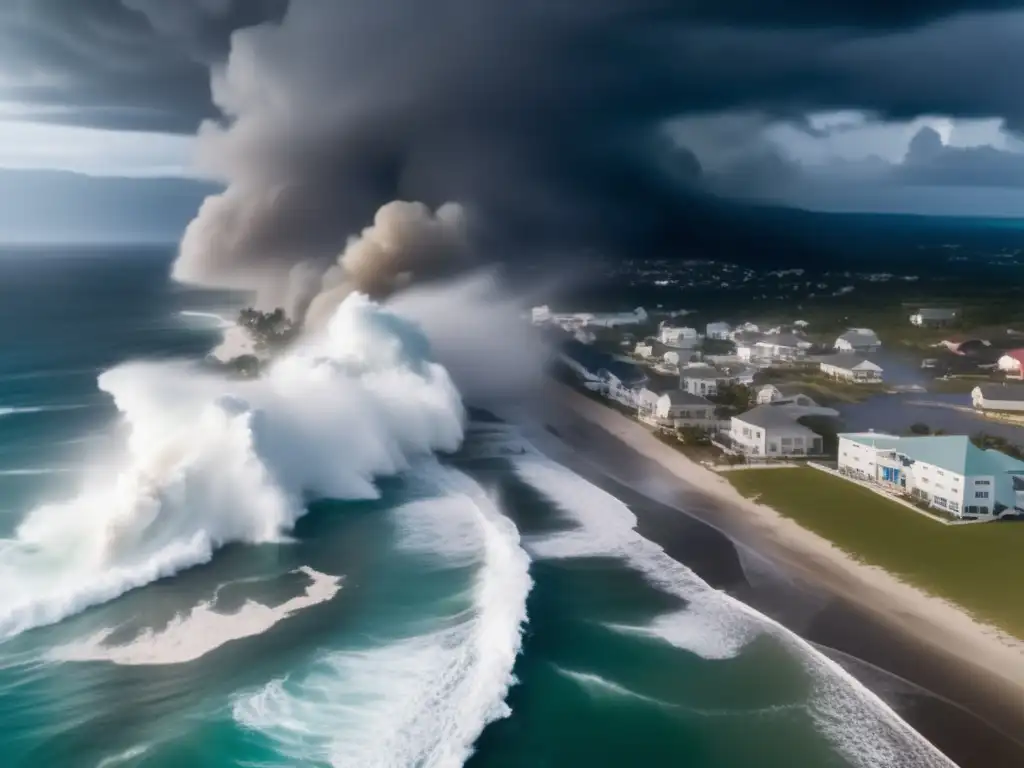
-
What should I do if I run out of my necessary medication during a hurricane?
Try to refill the prescription before the hurricane arrives. Otherwise, seek assistance from local emergency services or relief organizations.
-
How can I conserve battery life on electronic medical devices during power outages?
Use the device only when necessary and turn off non-essential features. Have backup batteries or a generator on hand to power essential equipment during an outage.
-
What should I do if I am experiencing mental health challenges after a hurricane?
Seek support from loved ones, healthcare professionals, or mental health organizations. Engage in self-care activities such as exercise, meditation, or spending time in nature.
-
How can I prepare for medical emergencies during hurricanes?
Gather necessary medications and supplies, compile important documents, and identify special needs.
-
What should I do if someone requires medical attention during a hurricane?
If the situation is potentially life-threatening or requires specialized expertise, such as in the case of a heart attack or stroke, seek help from emergency services immediately. Otherwise, try to provide basic first aid as safely as possible.
Conclusion
Handling medical needs during hurricanes is not easy, but it is essential for survival. Being prepared ahead of time by gathering necessary medications and supplies, compiling important documents, and identifying special needs can make all the difference during a chaotic weather event. During the hurricane, prioritize safety and stay connected with emergency services. After the hurricane, assess damage, check medication and supplies, and take care of your mental health. It is our hope that this article has provided valuable information on how best to handle medical needs during hurricanes.
We encourage our readers to share thoughts in the comments section and positively engage with hurricaneinsider.org. We also thank you for taking the time to read this important article.
Additional Resources

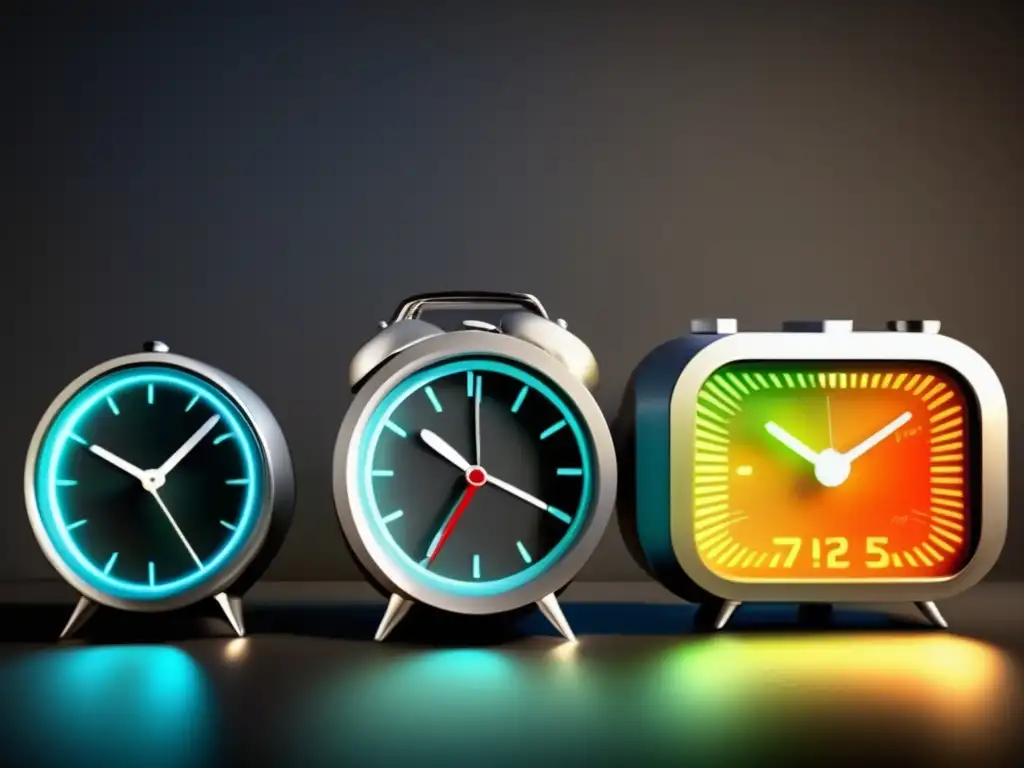 Battery-Powered Alarm Clocks
Battery-Powered Alarm Clocks A Review Of The Best Hurricane Preparedness Products
A Review Of The Best Hurricane Preparedness Products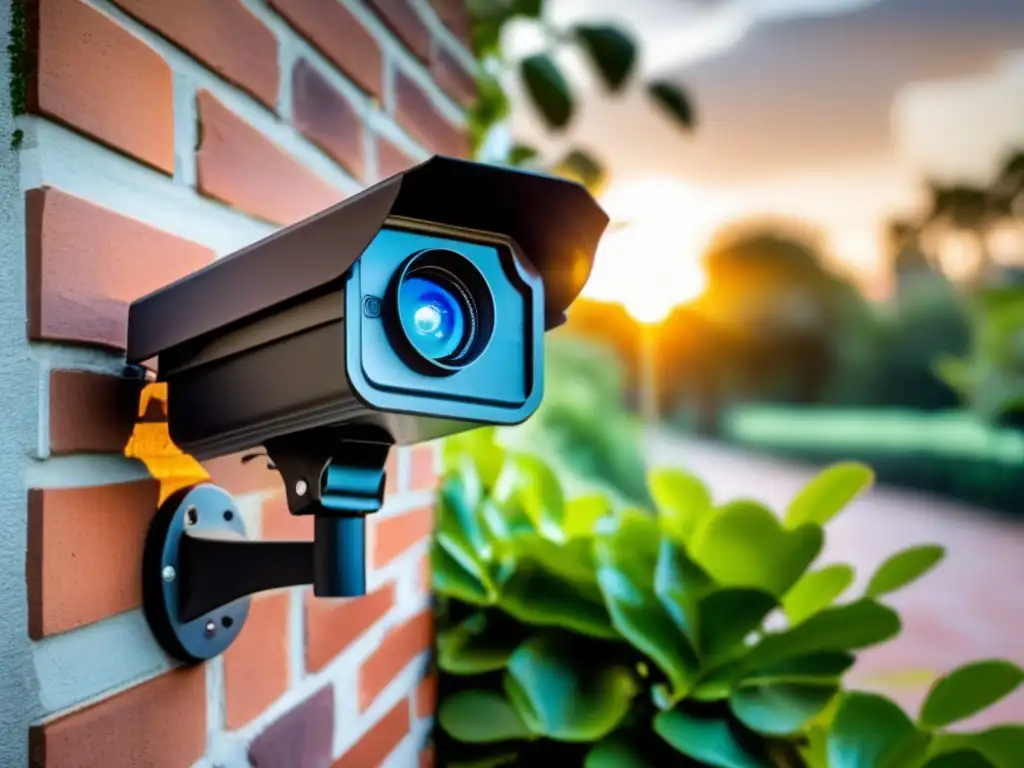 Weather-Resistant Outdoor Cameras
Weather-Resistant Outdoor CamerasIf you want to discover more articles similar to How To Handle Important Medical Needs During Hurricanes, you can visit the Hurricane preparedness: category.
Leave a Reply

Articulos relacionados: